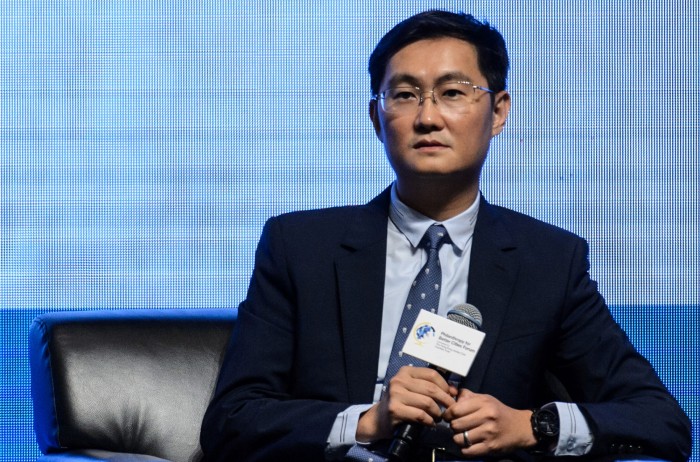Tencent’s New Lab Shows It’s Serious about Mastering AI

One of China’s biggest tech companies, Tencent, is establishing an AI research lab in Seattle, demonstrating a growing determination to master a technology that looks set to define the future of many industries.
Tencent is already one of China’s dominant tech companies. It operates the hugely successful mobile chat app WeChat—which boasts over 889 million active users in China—along with lots of other social tools, e-commerce services, games, and the like.
Based in Shenzhen, a manufacturing hub in the southeastern part of the country, Tencent has the potential to become a key player in the development and commercialization of artificial intelligence. The company has the money, the reach, and the data to attract strong researchers.
Indeed, Tencent also announced a significant new AI hire. Yu Dong, a prominent expert on speech recognition and deep learning, will become the deputy director of the company’s AI lab, and he will oversee the operation of the lab in Seattle. Yu was previously a principal researcher at Microsoft, where he worked on applying deep learning to voice recognition, an approach that has produced dramatic advances in accuracy over the past few years.
Tencent began ramping up its AI operation only last year. I met with researchers from Tencent’s AI Lab in Barcelona last December, at one of the biggest AI conferences of the year, where they had come eager to establish the company’s credentials and recruit talent. Tencent says it now has more than 50 AI researchers at various outposts.
Tencent is far from alone—Chinese companies have been upping their AI game considerably of late. The search giant Baidu is already heavily invested in AI, and operates a lab in Silicon Valley. Alibaba has begun publishing some impressive AI research itself while dozens of Chinese startups are building successful businesses on top of advances in AI and machine learning. China’s academic labs are also advancing, although those in the West are still ahead, which is why companies like Tencent and Baidu have established outposts in the U.S.
In coming years AI is expected to revolutionize all sorts of industries, from transportation to health care and education. So it’s hardly surprising that China’s latest five-year-plan, which defines the country’s priorities, mentions artificial intelligence as a key area where it wants to see progress. This will translate into billions of dollars of investment, as demonstrated by the opening of a National Deep Learning Lab recently.
(Read more: “A Chinese Internet Giant Enters the AI Race,” “Paying with Your Face," "The Insanely Popular News App You’ve Never Heard Of,” “A Top Poker-Playing Algorithm Is Cleaning Up In China,” “China’s Five-Year Plan to Transform Its Robotics Industry,” “China’s First ‘Deep Learning Lab’ Intensifies Challenge to the U.S. in Artificial Intelligence Race”)
Keep Reading
Most Popular
Large language models can do jaw-dropping things. But nobody knows exactly why.
And that's a problem. Figuring it out is one of the biggest scientific puzzles of our time and a crucial step towards controlling more powerful future models.
The problem with plug-in hybrids? Their drivers.
Plug-in hybrids are often sold as a transition to EVs, but new data from Europe shows we’re still underestimating the emissions they produce.
Google DeepMind’s new generative model makes Super Mario–like games from scratch
Genie learns how to control games by watching hours and hours of video. It could help train next-gen robots too.
How scientists traced a mysterious covid case back to six toilets
When wastewater surveillance turns into a hunt for a single infected individual, the ethics get tricky.
Stay connected
Get the latest updates from
MIT Technology Review
Discover special offers, top stories, upcoming events, and more.